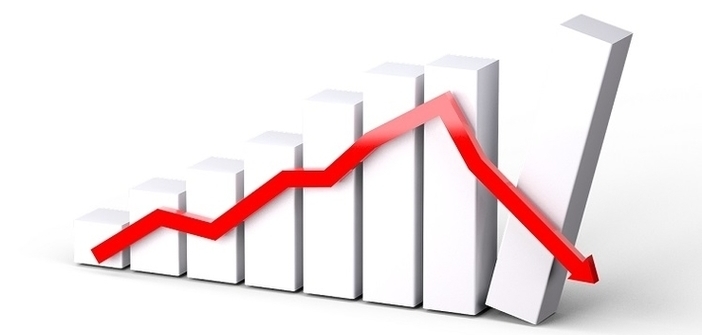The recovery of the economy to the same level as before the crisis will not occur before mid-2022. This trend is close to the figure announced by the Minister of Economy and Finance, Bruno Le Maire, who estimated around 11%.
According to the governor of the Bank of France, François Villeroy de Galhau, a timid recovery should begin as early as the third quarter. The institution forecasts a rebound of 7% in 2021 and then 4% in 2022 just to return to the pre-crisis level.
The Growing Uncertainty of Households
These forecasts are currently provisional and may change depending on the “balance between savings and consumption,” notes the central bank. In the long term, this could become problematic. Savings are overrepresented with a rate of more than 22% in 2020. By comparison, consumption is expected to slow down by 9.3%.
Increasingly Cautious Companies
It’s a double whammy for them. On one hand, they are expected to reduce their investments by 23.3%, which has the consequence of creating unemployment that will spread over time as the short-time work scheme diminishes. Thus, the unemployment rate is expected to soar to a peak of 1.5% by mid-2021 and then decrease to 9.7% in 2022.
A Deflation That’s Not Without Risk
The combination of unemployment + the decline in French income never bodes well. Since the beginning of the crisis, the government has pursued an interventionist policy to absorb the effects of the crisis. This will result in driving prices down. The Bank of France even anticipates negative inflation by the end of 2020.
Indeed, some companies are unable to overcome the difficulties. They are therefore willing to do anything to bring back customers, even if it means lowering their prices and cutting into their margins. However, inflation is expected to rise back to 1% by 2022.


